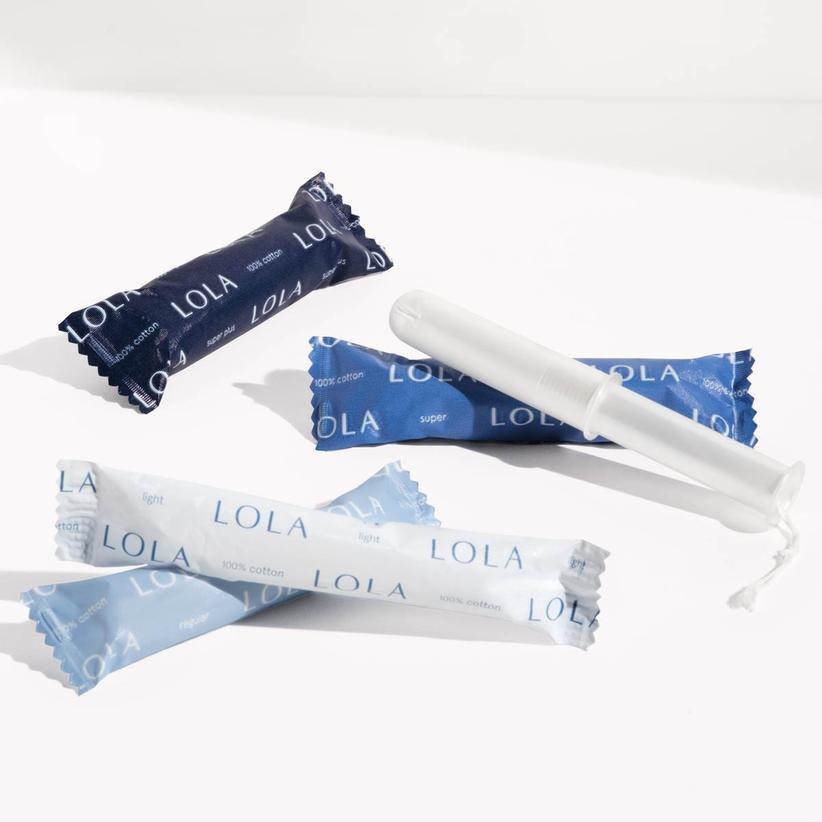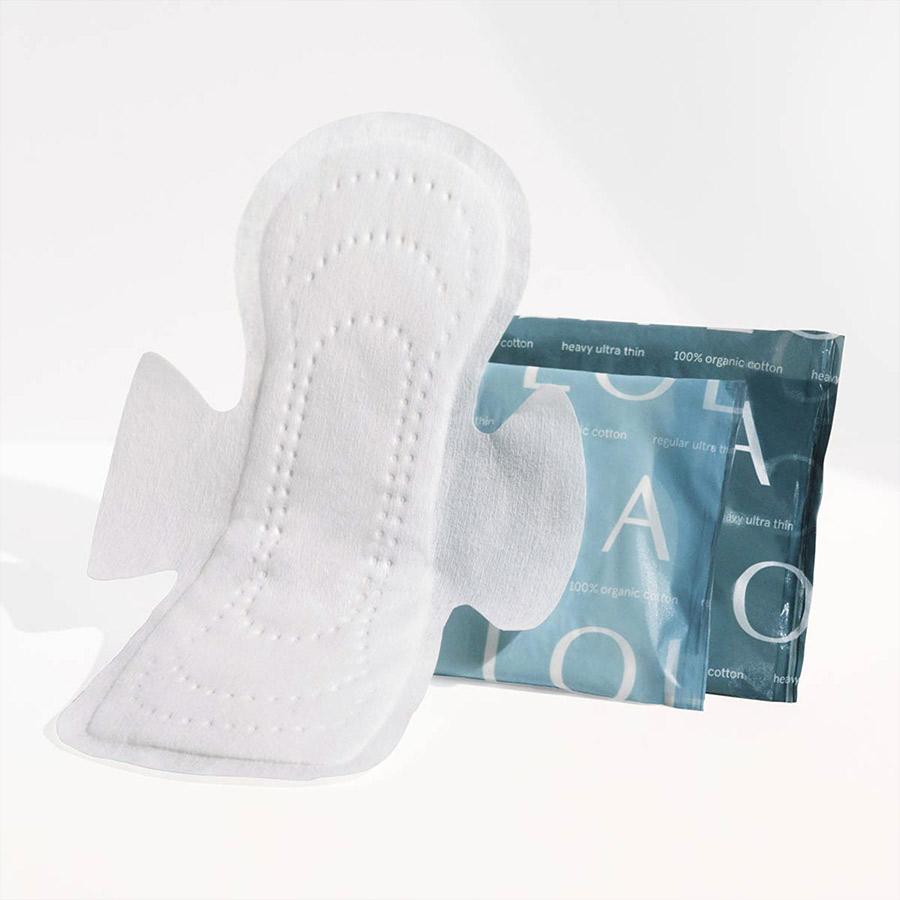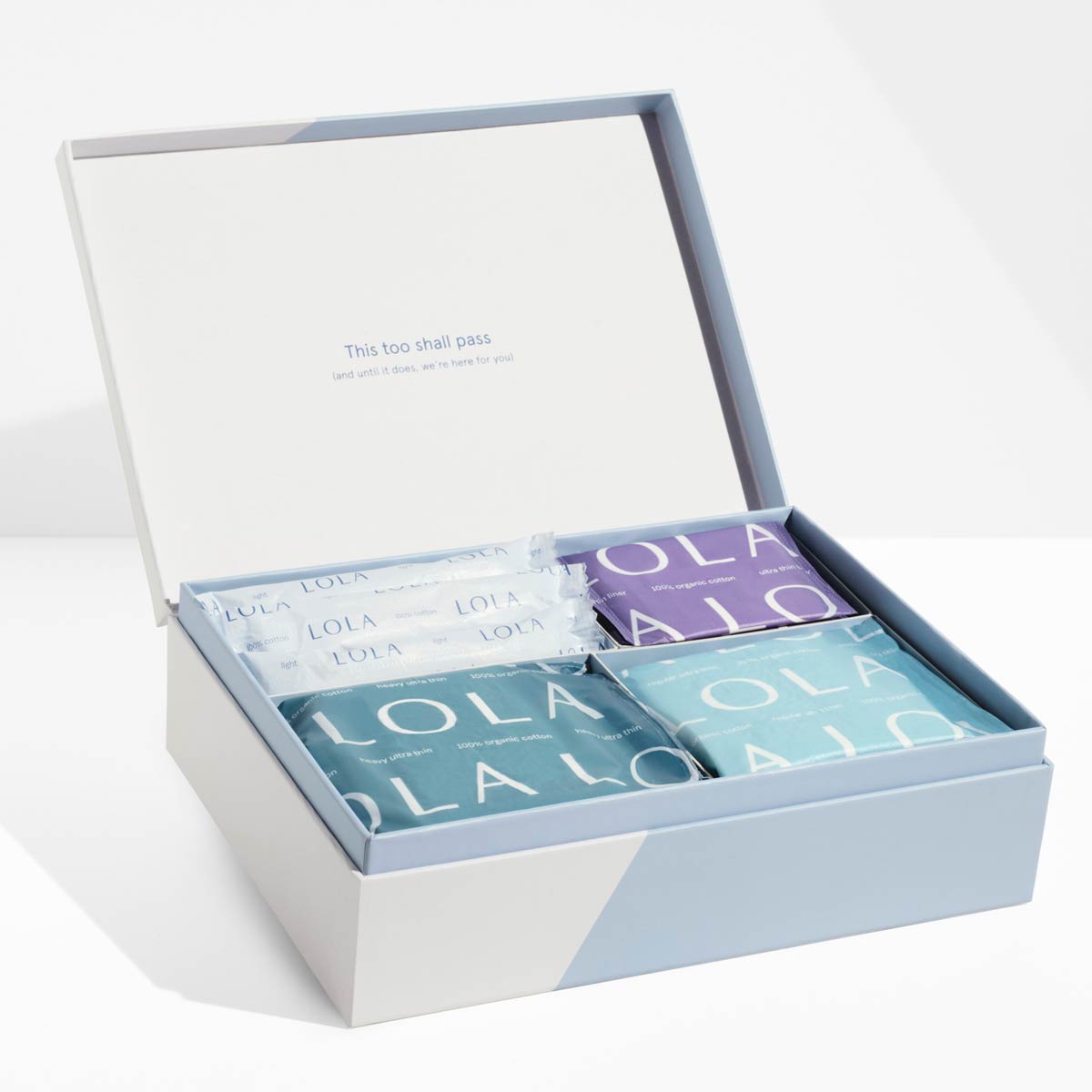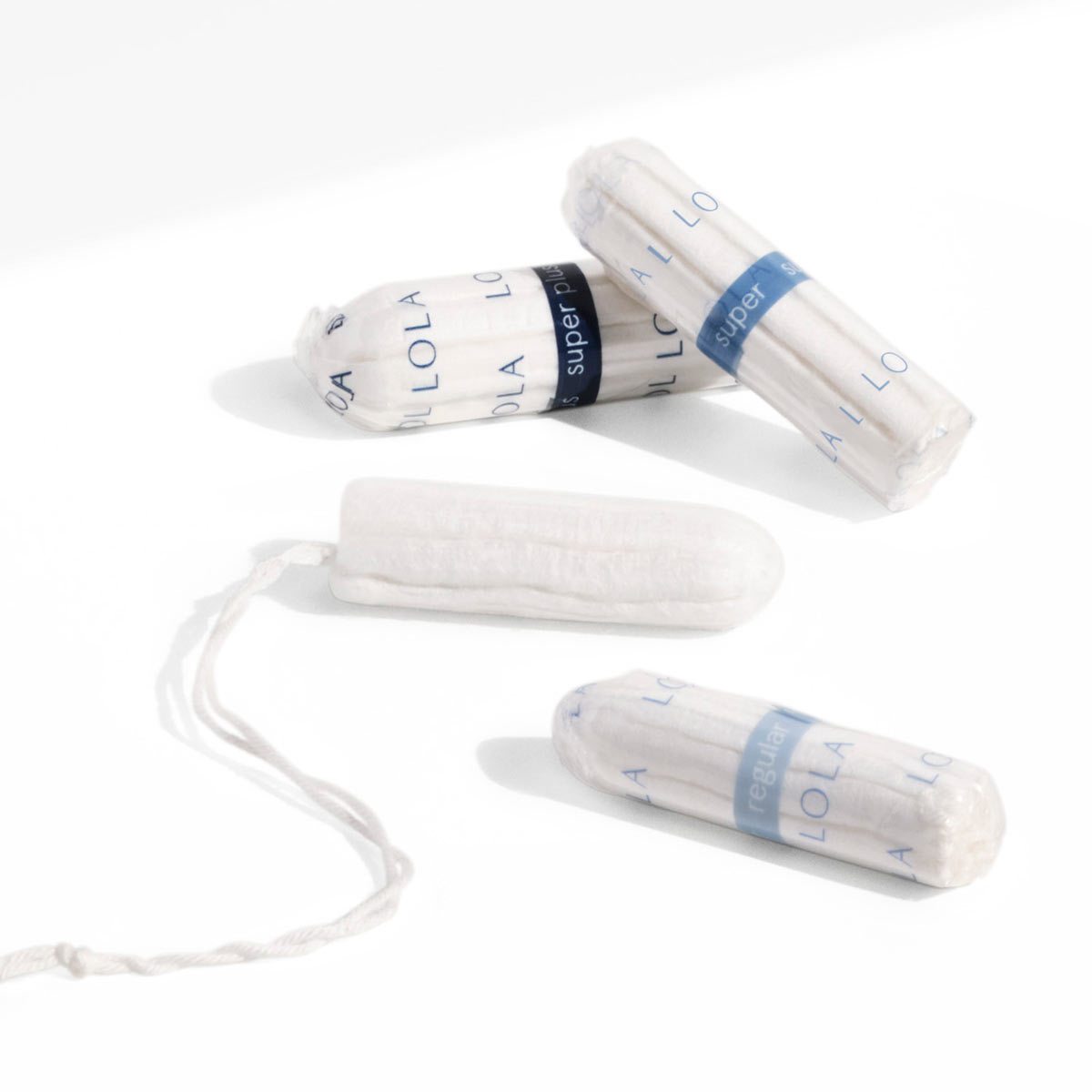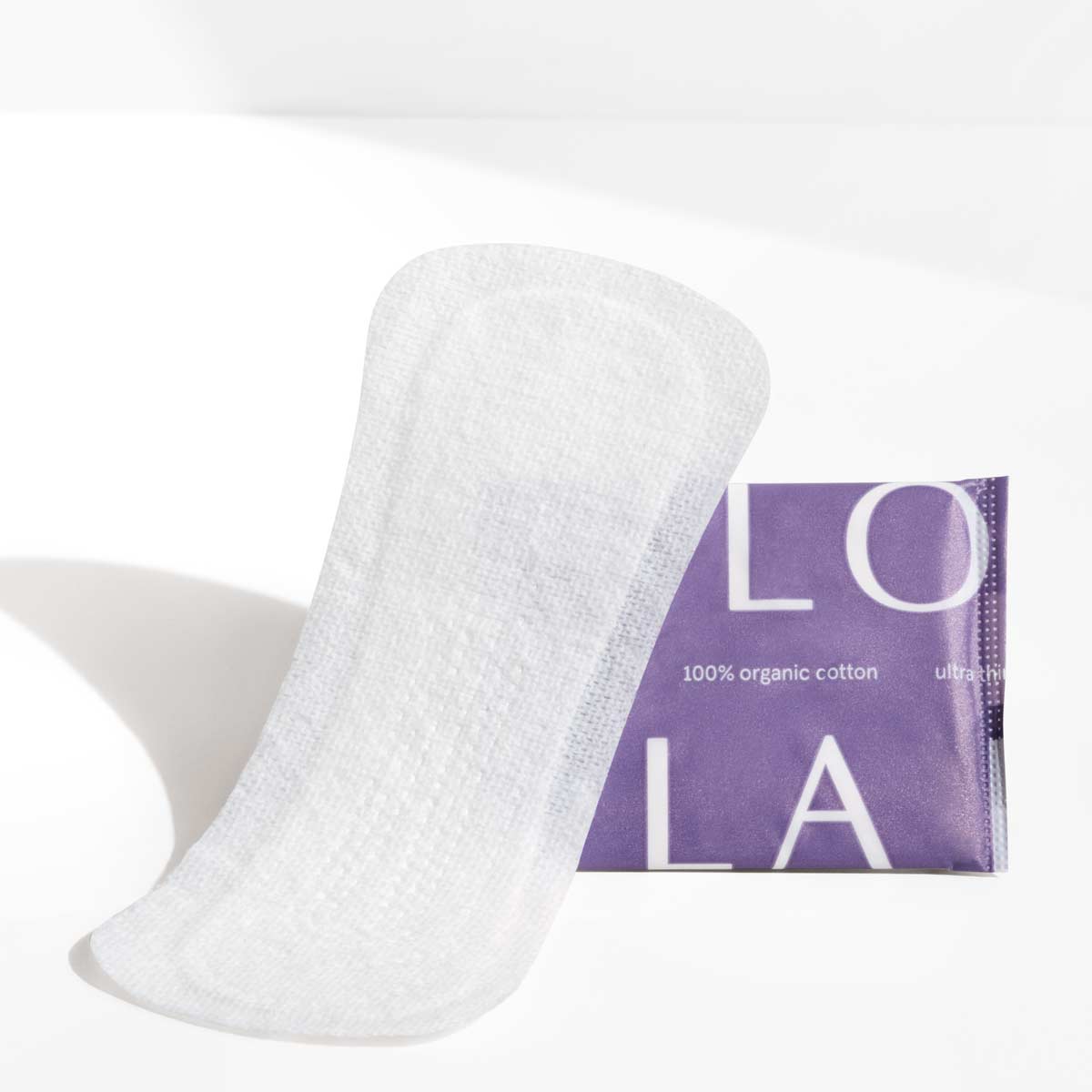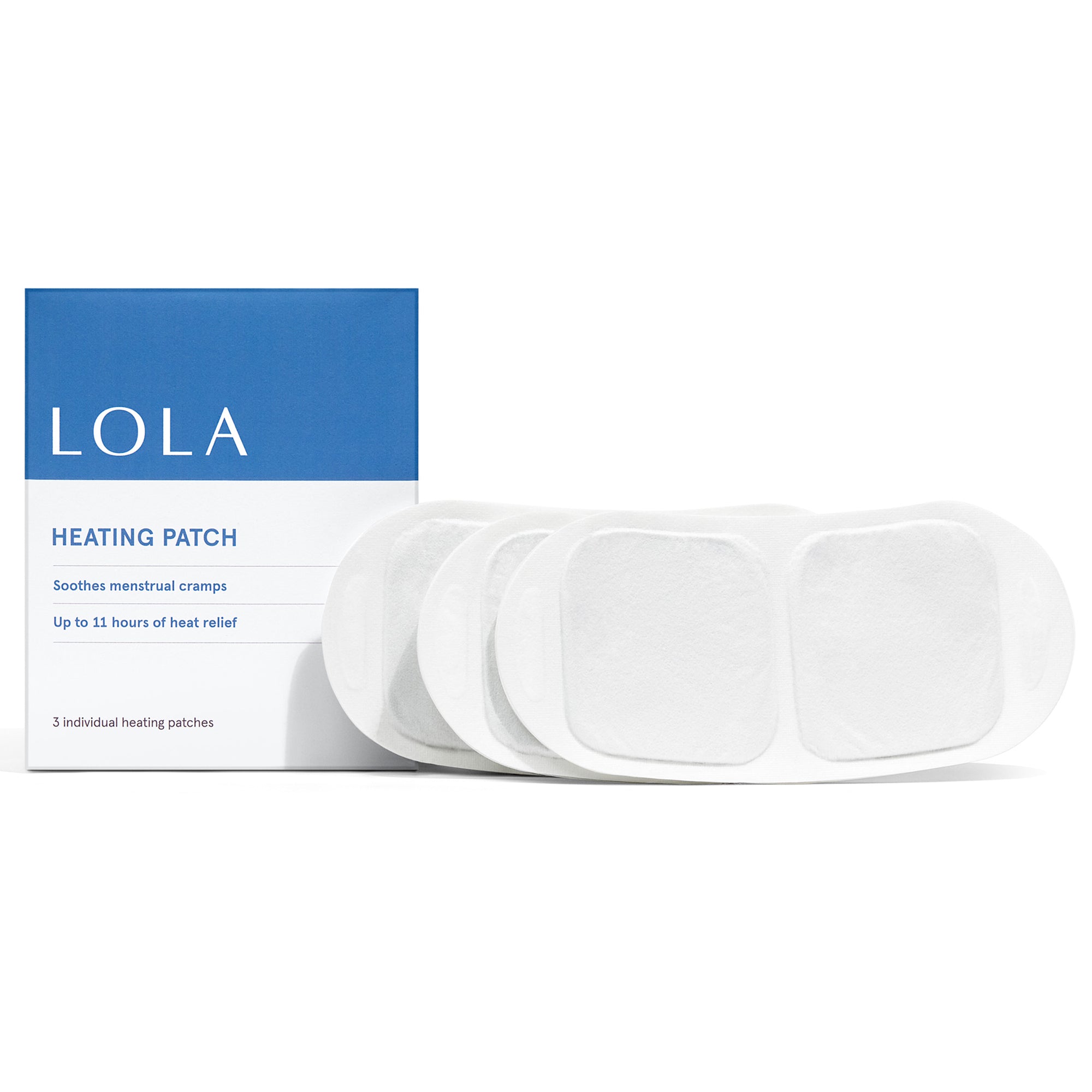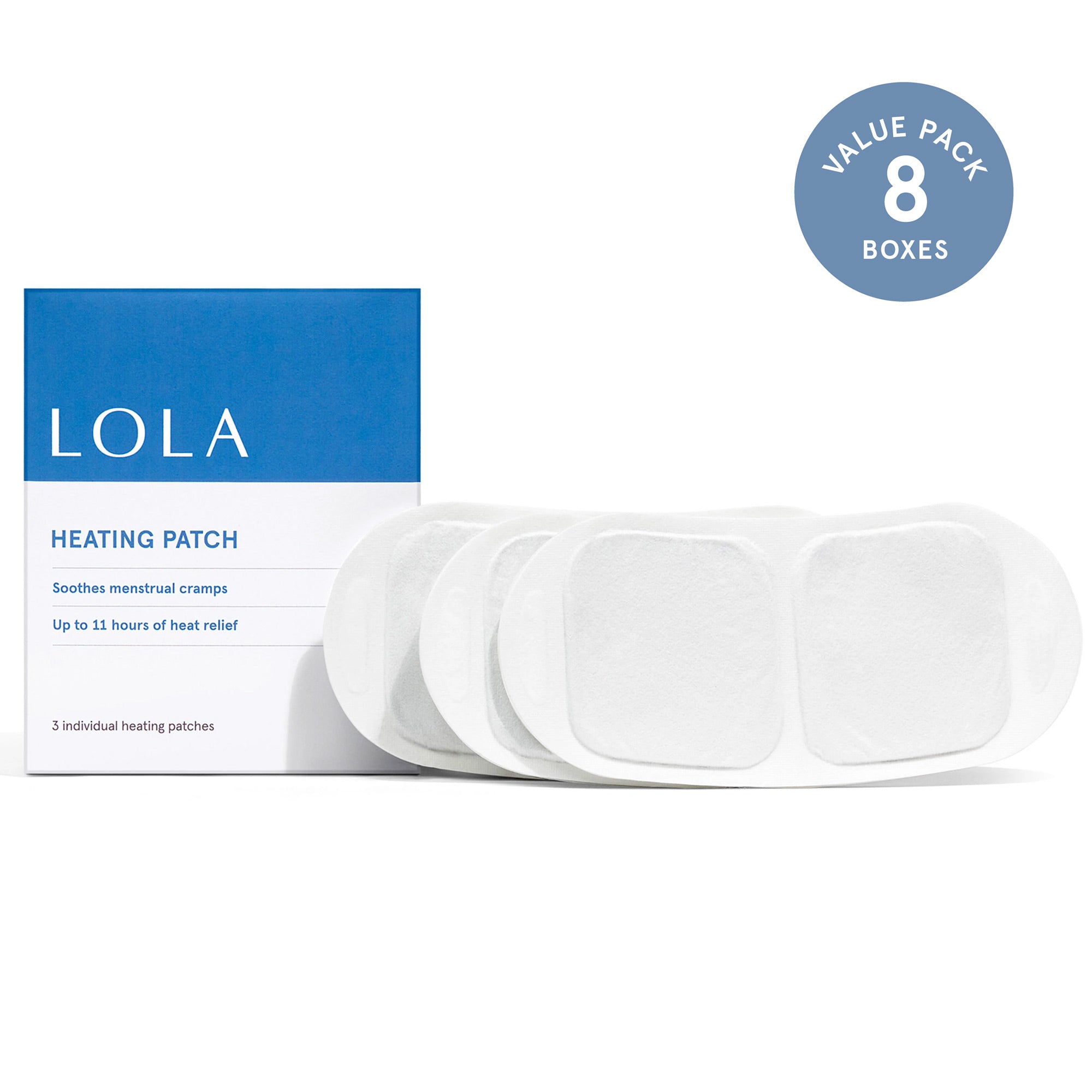Most women suffer from PMS at some point, but their experiences can vary widely. Symptoms can include anything from bloating, cramping, and migraines to irritability, sleep problems, and lowered libido.
"Some of the PMS-type symptoms are the result of a drop in hormones that cause the uterus to shed its lining," says Dr. Kelly Culwell, an OB-GYN and former medical officer at the World Health Organization. "You get a pretty big drop in both progesterone and estrogen, and that drop can cause a variety of different symptoms in different women."
But it's still a mystery why women respond the way they do to particular hormones. "We don't have that kind of advanced knowledge of how women respond individually to both internal hormones and external hormones," Dr. Culwell says. "And it's dramatic, the difference that women have. I don't even think there's anything you can necessarily predict by say, age or race."
However, researchers have isolated several factors that can influence PMS symptoms.
Stress
Higher levels of perceived stress in the month before your period can increase the severity of PMS symptoms. Certain stress reduction activities, such as massage therapy, meditation, and yoga, have all been shown to make women feel better.
Diet
A poor diet can exacerbate your period symptoms. For example, salty foods can increase bloating, foods high in sugar can lead to blood sugar fluctuations, and foods high in fat can increase prostaglandin levels and possibly menstrual cramps. A healthy diet has been shown to reduce PMS symptoms; women are encouraged to eat small, frequent meals, plenty of fruits and vegetables, and avoid caffeine, salt, sugar, and alcohol.
Exercise
The severity of PMS symptoms may also be influenced by how regularly women work out. Regular exercise can reduce symptoms of depression, anxiety, and fatigue, as well as control stress, which can make PMS worse.
Sleep
Poor sleep habits can also make PMS worse. Women are encouraged to monitor their sleep, and try to get at least eight hours a night. Regular sleep can also improve PMS-related symptoms of depression, anxiety, and moodiness.
Smoking
In a study of more than 9,000 women, former smokers were 33 percent more likely to have painful periods than non-smokers, and current smokers were 41 percent more likely to experience painful menstruation. Researchers believe this is because nicotine constricts the blood vessels and inhibits the flow of blood to the uterus.
Genetics
Five percent of women suffer from very severe symptoms, which can indicate premenstrual dysphoric disorder, or PMDD. New evidence suggests that women with PMDD have a different sensitivity to sex hormones released during their period based on their individual genetics.
Age
PMS symptoms can actually get worse as you reach your late 30s and 40s and approach menopause. Researchers believe this has do with the dramatic fluctuations in hormones that can occur during the perimenopause, or the time just before women start menopause.
Check out our awesome line of organic feminine products, including our all cotton tampons and our organic cotton thin pads.
